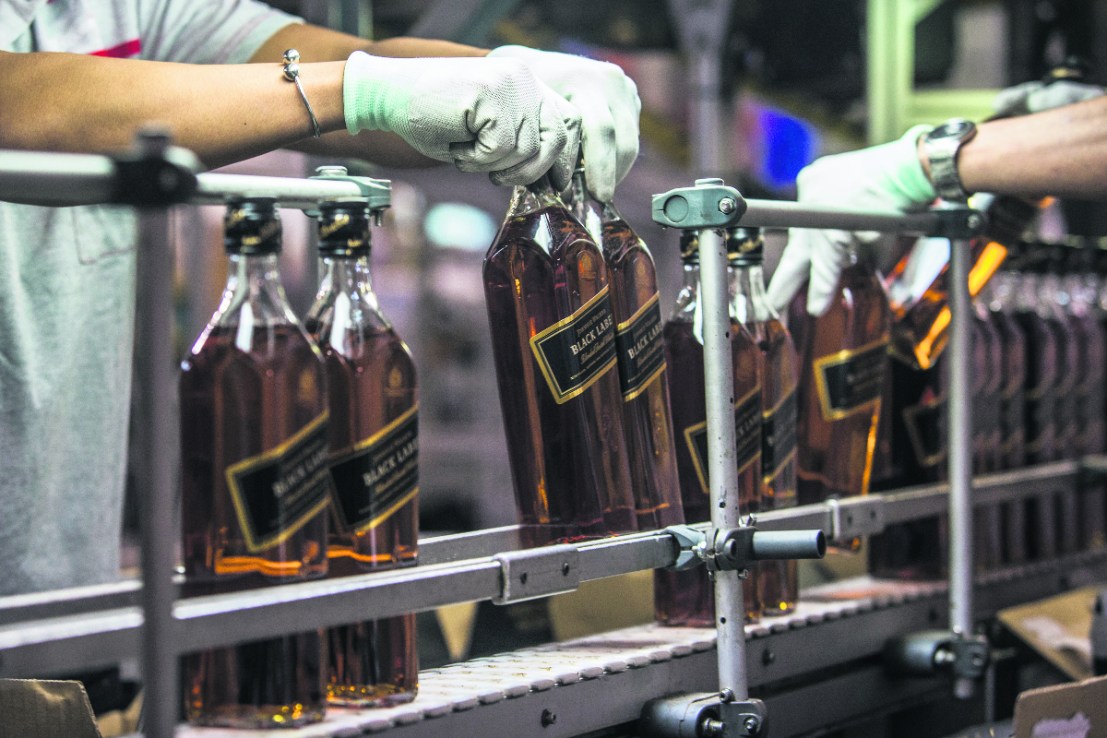Diageo boss reassures concerned investors ahead of annual meeting
Diageo chief executive Debra Crew has reassured investors that the company’s fundamentals remain strong despite market headwinds and a sinking share price. The company’s share price has fallen by nearly 19 per cent in the last year and just over one per cent in the last month. Crew said that consumers continue to be “cautious” [...]


Diageo chief executive Debra Crew has reassured investors that the company’s fundamentals remain strong despite market headwinds and a sinking share price.
The company’s share price has fallen by nearly 19 per cent in the last year and just over one per cent in the last month.
Crew said that consumers continue to be “cautious” about spending on drinks and that “the global environment remains challenging for both our industry and Diageo.”
She said the company was focused on positioning itself to take advantage of demand when it returned and that Diageo was ready to “outperform the market” at that point.
Crew said: “We are focused on strengthening the resilience of [the] business through operational excellence, productivity and strategic investments to win quality market share.”
“We have made good progress on our strategic initiatives, including our US route-to-market enhancements, and in Nigeria we are progressing well towards completion of the agreement to restructure our business model there,” she added.
The FTSE 100 firm, which sells Guinness and Baileys as well as spirits such as Johnnie Walker, reported a profit decline of $304m (£237m)—or 4.8 per cent—in its last set of results.
Much of this was attributable to Latin America, where the company has suffered a sudden slowdown in demand.
Shares in the company plunged five per cent after the results, and analysts warned the mistakes could cost Crew her job.
“If the board doesn’t do something, one can expect activist investors to circle Diageo and push for new leadership,” Russ Mould, investment director at AJ Bell, said at the time.
Profit fell in four of Diageo’s five regions. A weaker economy in China—one of the drinks giant’s largest markets—and softening demand in the US both weighed on results.



